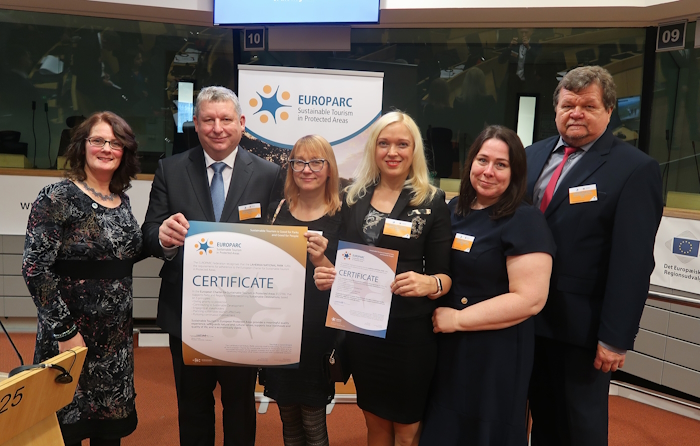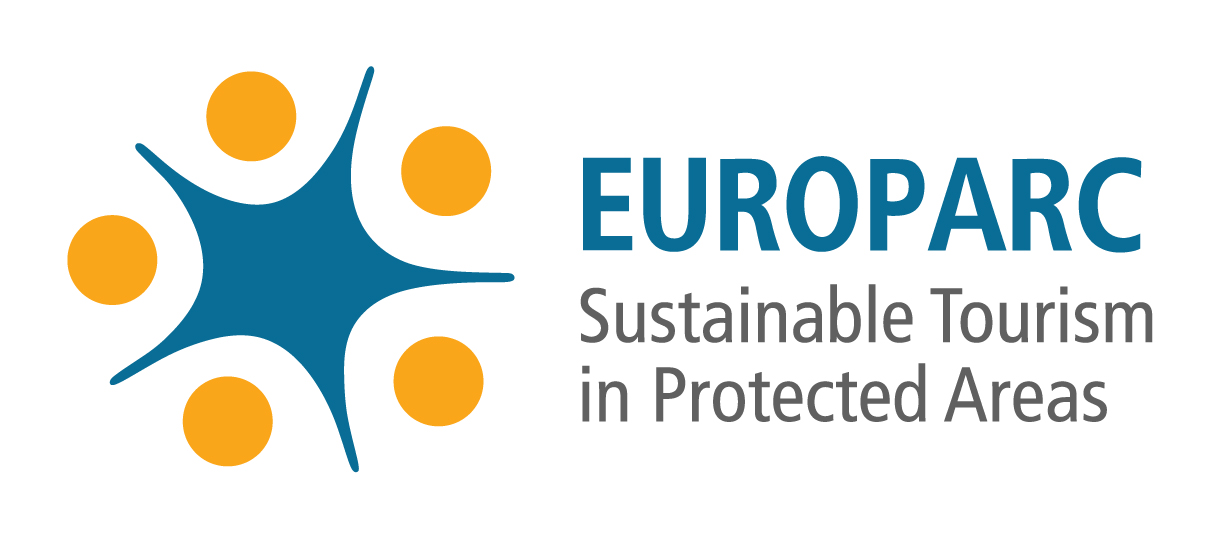The European Charter for Sustainable Tourism in Protected Areas is a certificate of sustainable and eco-friendly tourism issued by the EUROPARC Federation and awarded to a protected area and its immediate surroundings for a duration of five years. The purpose of the certificate is the sustainable organisation of protection and high-quality tourism products and services, created in cooperation with the manager of the protected area, tourism businesses and local residents.
The criterion of the certificate is the preparation of a joint tourism strategy, which takes into account:
the maintenance and preservation of nature and cultural heritage;
stakeholder engagement;
an assessment of the impact of the activities on the community.
The certificate has three levels:
- certificate for the region of a protected area;
- certificate for a business operating in the region of a protected area certified under Part I;
- certificate for a tour operator.
In Estonia, international recognition under Part I has been awarded to the regions of Matsalu, Lahemaa and Soomaa National Park. In 2022 recognition was awarded under Part II to 10 and in 2024 to 9 tourism businesses. The Estonian Environmental Board entered into goodwill agreements with the businesses.

Read more about the nature and processes of the certificate on the website of the EUROPARC Federation.

The EUROPARC Federation (established in 1973, with more than 400 members) aims to promote the planning and organisation of protected areas, to raise awareness of protected areas and contribute to the establishment of new protected areas. Estonia engages in active cooperation in the Nordic-Baltic Section, whose work is coordinated on a rotational basis. Estonia chaired the Section between 2012 and 2014.